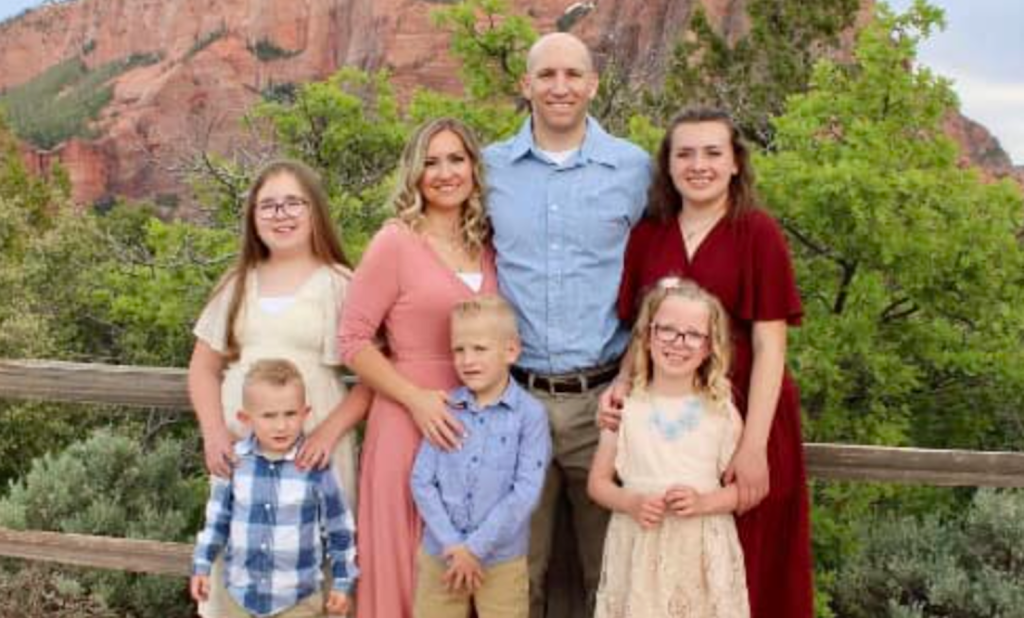When Quintonio LeGrier’s father called the police the day after Christmas two years ago, he wanted help dealing with his 19-year-old son, who was home from college and in the throes of a mental health crisis.
Instead, when the police arrived, they shot and killed not only LeGrier but also the family’s neighbor, Bettie Jones.
Videos by VICE
At first, the city of Chicago tried to blame LeGrier for Jones’ death. Lawyers had filed a motion to sue the family and hold them financially accountable on Thursday, the Chicago Tribune reported.
But hours later, they flip-flopped and withdrew the motion, following a swift backlash online.
“We are constantly evaluating and reevaluating our legal strategies,” Bill McCaffrey, a spokesperson for the city of Chicago’s Law Department, said in a statement provided to VICE News. “We have determined the motion is not the best course of action.”
Off the top of her head, Karen Sheley, director of Police Practices at the American Civil Liberties Union’s Illinois chapter, couldn’t think of another instance where a city had sought to hold a deceased individual liable for monetary damages after they’d been killed by the police.
“It was really shocking when the city did it. I’m sure they realized from an outside viewpoint that that’s a cruel position to take,” she said. “This is a family who lost their son, because he was shot in circumstances questioned by the DOJ. To blame that family for the death of another person is really unconscionable.”
In its damning report about policing in Chicago released in January, the DOJ touched on what happened to LeGrier.
“The officers did not use crisis intervention techniques; and the officers made tactical errors that resulted in the shooting death of a bystander who had simply opened her door,” the report reads.
READ: The cop who gunned down Walter Scott is sentenced to 19-24 years in prison
Chicago is currently negotiating the terms of a consent decree with the Justice Department, which would force the police department to implement reforms recommended by federal authorities.
In February, Cook County prosecutors declined to charge the office responsible, Robert Rialmo, for either death, because they found insufficient evidence to suggest that he did not act in self-defense.
When police arrived, LeGrier was wielding an aluminum baseball bat, which Rialmo used to justify his decision to pull the trigger. Rialmo fired eight shots at LeGrier, six of which hit him. Jones, who was standing behind LeGrier, was also struck by a bullet.
In its initial argument, the city also blamed the bat for Jones’ death and said Railmo had no choice but to pull the trigger. LeGrier also caused ones’ death because he “failed to follow police commands,” swung the bat in Railmo’s direction, and wasn’t taking medication prescribed to control his mental illness.
In return, Rialmo has also sued the LeGrier family for inflicting emotional trauma on him and the Chicago Police Department for inadequate training.
That suit, which seeks $10 million in damages, was intended as a counterweight to the wrongful death lawsuit filed by LeGrier’s family against Rialmo.
READ: The internet bailed white supremacist Chris Cantwell out of jail




